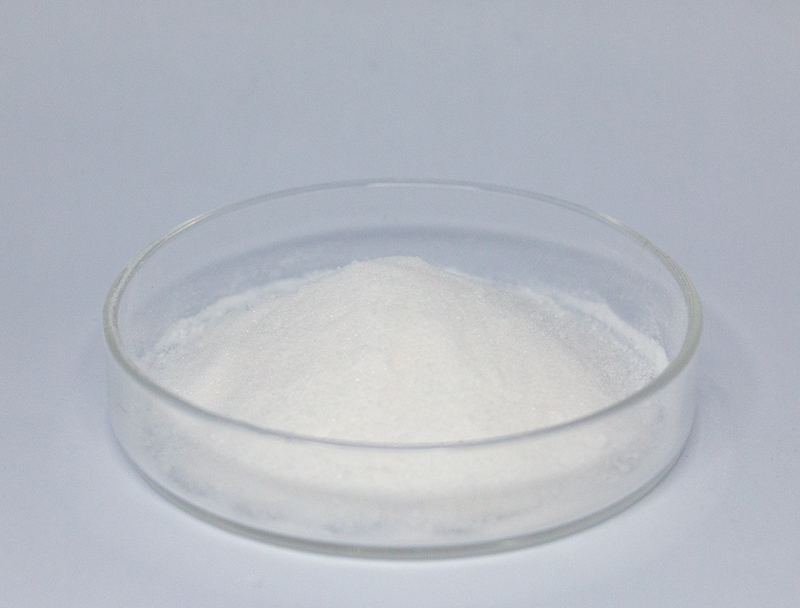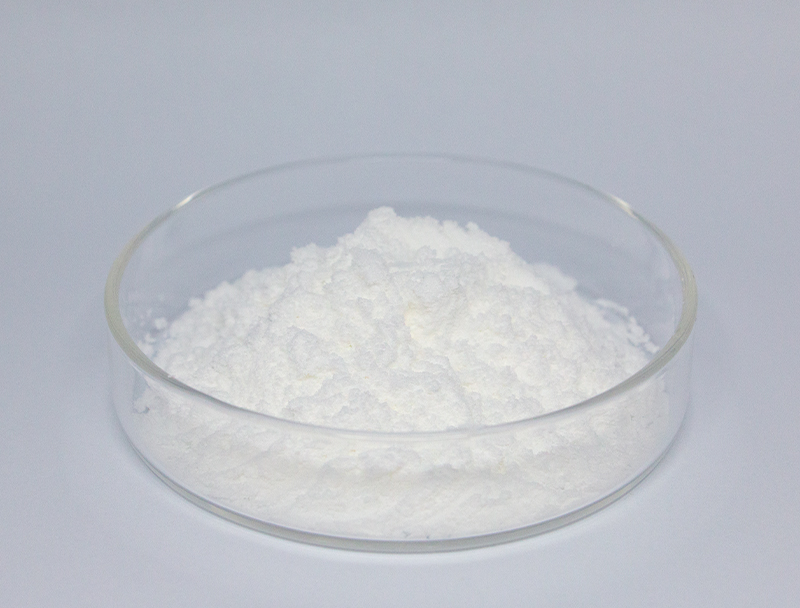
Large-scale bioproduction hinges upon a substantial range of feedstocks to produce innovative bio-based products.
Maintaining long-term supply of raw inputs is indispensable to sustainable success and conscientious scaling.
various risks tied to conventional feedstock acquisition including biodiversity loss and excessive resource use. Thus, organizations must explore circular sourcing options to lessen environmental harm.
- Samples of circular procurement methods cover:
- Harnessing secondary biomass from farming outputs
- Applying zero-waste frameworks to limit waste and optimize resource use
- Building relationships with nearby vendors dedicated to moral sourcing
Shifting to ethical sourcing drives environmental value and long-term commercial viability.
Refining Biomass Sources to Enhance Fuel Conversion
Increasing biofuel conversion efficiency is tied to feedstock composition and condition. Technologists actively pursue refinements to increase feedstock efficiency, leading to higher yields of biofuels and a more sustainable energy future. Efforts pair genetic enhancement for feedstock abundance with advanced pretreatment to produce usable sugars.
- Furthermore, teams search for alternative biomass sources including algal strains, industrial wastes, and crop leftovers to broaden sustainable feedstock options for fuels.
- Thanks to continuous exploration the sector is prepared to realize considerable strides toward an eco-friendlier energy mix.

Optimizing Early-Stage Biomanufacturing Processes
spans early manufacturing steps including propagation and cell separation New innovations across this area have produced enhanced manufacturing methods that boost yields.
Pivotal enhancements embrace high-performance cell lines, balanced media compositions, and intelligent reactor control systems. These refinements escalate production and lower expenses and environmental strain.
- Similarly, continuous process trends grant superior flexibility and refined control across production stages.
- The adoption of higher-tech manufacturing practices will likely disrupt traditional models and speed therapeutic launches.

Innovations in Gene Editing for Improved Biopharmaceutical Yield
improvements in molecular editing platforms like CRISPR have updated therapeutic production processes. Using precise gene interventions, engineers raise the output of key therapeutic proteins. The technique provides opportunities to manufacture economical, high-yield therapeutics for varied indications.
Using Microbial Systems for Site-Specific Remediation
progressive microbe-based cleanup tactics that mitigate industrial pollution. Microbial species can metabolize and convert hazardous compounds into benign byproducts.. Employing microbial processes facilitates remediation approaches that preserve ecosystem integrity while reducing pollution.. Researchers screen diverse microbial taxa for metabolic pathways suited to remove heavy metals, pesticide residues, and hydrocarbon contamination.. These microorganisms can be employed in bioreactors or directly at contaminated sites, promoting the breakdown of pollutants through biodegradation processes..
Microbial remediation approaches present key benefits relative to classic remediation methods. It is a cost-effective and environmentally friendly approach that minimizes the generation of harmful byproducts. Additionally, microbial tactics can target contaminants selectively while preserving surrounding ecological systems. The domain advances quickly, concentrating on raising reliability and performance of microbial cleanup methods.
Computational Biology in Drug Discovery
Bioinformatic tools play an increasingly crucial role in the modern landscape of drug discovery and development. From predictive screening to lead refinement, computational biology underpins more efficient drug pipelines.
- With analysis of broad omics and clinical datasets, bioinformatic experts identify targets and model drug effects.
- In addition, predictive simulations inform medicinal chemistry efforts to craft more efficacious drugs.
- In summary, bioinformatics overhauls pharmaceutical R&D and quickens the path to safe therapeutics for patients.
Metabolic Engineering Strategies for Enhanced Bioproduct Synthesis
deploys several tactics to elevate cellular production of valuable biochemicals. Techniques span CRISPR-mediated edits to reshape pathways, synthetic control elements to fine-tune expression, and gene imports to grant new biosynthetic abilities.. By fine-tuning these processes, engineers can significantly increase the yield of desired bioproducts.
Such an integrated approach may disrupt diverse fields including therapeutics, crop science, and sustainable fuels.

Scaling Biopharma Production: Hurdles and Advantages
Industrial-scale production introduces demanding hurdles as well as strategic advantages. Keeping consistent product performance at elevated volumes is a significant challenge. Addressing it demands strong process governance, accurate real-time analytics, and advanced measurement systems.

One issue is the complexity of biopharmaceutical manufacturing processes, which often L-Carnosine involve multiple steps.. Refining processes for commercial volumes demands deep R&D investment and novel engineering solutions.. Yet, the returns can be substantial. Effective scale-up may expand patient access to therapies, cut unit costs, and improve margins.
Various efforts target the core issues of industrialization. Initiatives involve optimization platforms, high-resolution analytics for process control, and novel manufacturing frameworks.
- Developmental projects contribute critically to scaling manufacturing competency.
- Oversight institutions are updating guidelines to ease approval of manufacturing advances and catalyze innovation.
Regulatory Strategies for Biopharma Compliance and Patient Protection
Creating biologic medicines requires strict regulatory controls to maintain both patient safety and therapeutic value. Therapies derived from biological organisms carry special considerations not typical of conventional pharmaceuticals.
Institutions such as the U.S. FDA and European EMA lead in formulating regulations and benchmarks for biologic approvals..
Rigorous testing protocols are mandatory throughout the development lifecycle, from pre-clinical research to post-market surveillance.. Those requirements help reveal risks and confirm that biologics satisfy stringent safety criteria..
Also, governing institutions evolve their strategies to respond to swift advances in biopharmaceutical science.. Measures involve adopting innovative technologies and enabling development acceleration without compromising patient welfare.

Plant-Based Biomass Options for Bioplastic Manufacturing
The growing need for sustainable materials has led to a surge in research and development of renewable options. Bioplastics produced from plant biomass form a compelling option for lowering environmental footprint. Materials such as starch from corn, cellulose pulp, and sugarcane biomass are convertible into biodegradable polymers that lower plastic waste concerns.
Moreover, bioplastics can mirror key properties of fossil-derived plastics and fit diverse application needs.. Persistent innovation will be key to advancing plant biomass into mainstream bioplastic manufacturing for a circular future.
This Emerging Impact on Public Health and Food Systems
Biotechnology equips researchers with methods to tackle health crises and bolster food availability. Applying targeted genetic edits, synthetic biology frameworks, and cellular therapeutics, practitioners produce measures to address infectious disease, boost harvests, and upgrade nutritional content.. Illustratively, crops altered for pest resistance and stress endurance support increased harvests and diminished pesticide usage.. Moreover, biotechnology plays a crucial role in developing vaccines, antibiotics, and diagnostic tools that are essential for combating infectious diseases and improving global health outcomes.. As the field evolves, biotechnology is expected to play a pivotal role in shaping a healthier and environmentally sustainable future for all.
